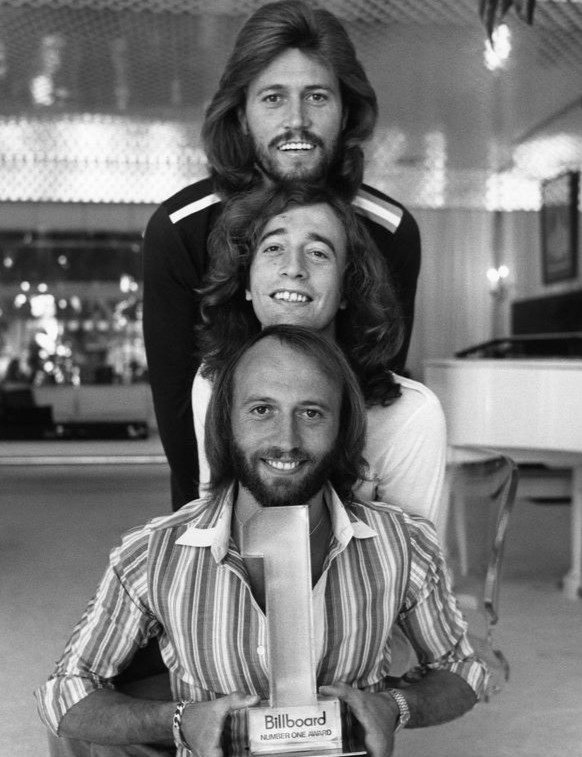How Beyoncé, Queen, and Marvin Gaye Can Save Lives

By:
What do Beyoncé, Queen, and Marvin Gaye have in common? These artists have all released tunes to the rhythm of 100 beats per minute, a tempo medical professional say should be used during CPR, or cardiopulmonary resuscitation.
 Mark VonHolden/Invision for HTC/AP - apimages.com
Mark VonHolden/Invision for HTC/AP - apimages.com
This week, New York Presbyterian Hospital released a 40-song Spotify playlist called “Songs To Do CPR To.” Each song’s tempo is 100 BPM — the same amount of chest compressions one is supposed to administer every minute during CPR.
The hospital starts the playlist with the appropriately titled Bee Gees tune "Stayin’ Alive." The mid-tempo tune is perfect for matching compression to beat, and the lyrics contain the proper encouragement.

Nearly 400,000 cardiac arrests — meaning the heart has stopped pumping — occur outside of hospitals ever year, according to New York Presbyterian Hospital. Properly administered CPR can triple a person’s chance of survival, yet nearly 70 percent of U.S. residents either do not know how to conduct CPR or their training has lapsed. Less than 8 percent of people who go into cardiac arrest outside of hospitals survive, according to the American Heart Association.
.jpg?auto=format&crop=faces&fit=crop&q=60&w=736&ixlib=js-1.1.0) Truckee Meadows Community College/Wikimedia Commons - wikimedia.org
Truckee Meadows Community College/Wikimedia Commons - wikimedia.org
New York Presbyterian Hospital recommends memorizing a favorite song to use in case of an emergency. Their playlist includes tunes from a wide array of genres, from Pink Floyd’s “Another Brick In the Wall” to Shakira’s “Hips Don’t Lie” to Missy Elliot’s “Work It.”
Along with the eclectic playlist, the hospital is also providing instructions on hand placement and depth of compression for administering CPR. While many first-responders worry they’ll hurt the victim by pushing too hard during chest compressions, the hospital advises putting this fear aside and continuing with CPR until help arrives.
“Doing something is always better than doing nothing,” the hospital's website states.
